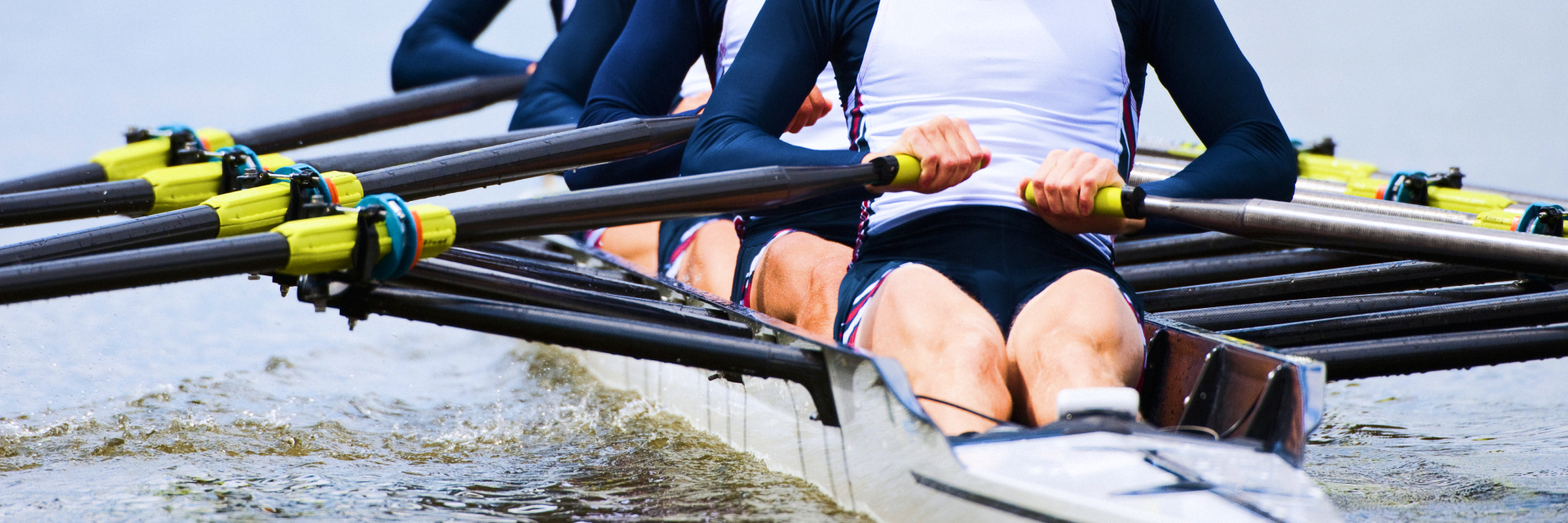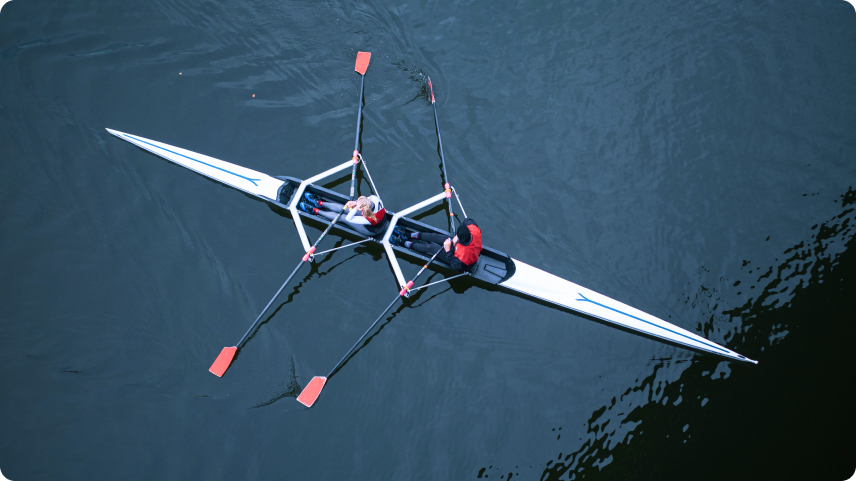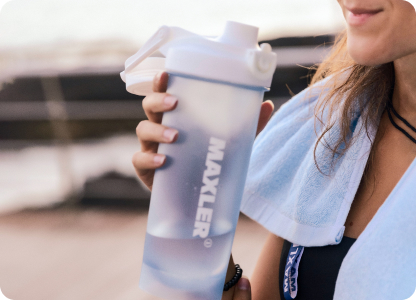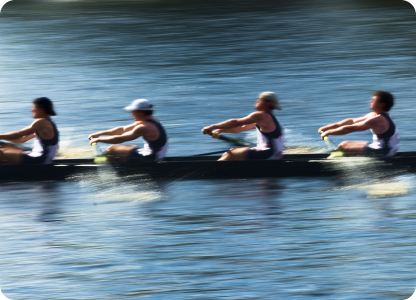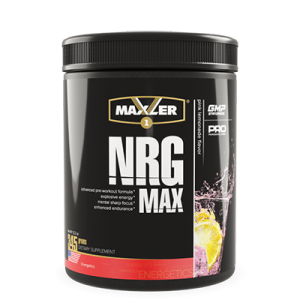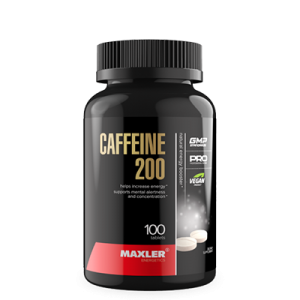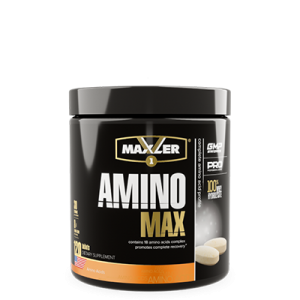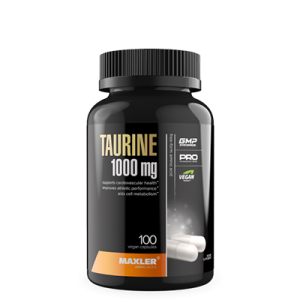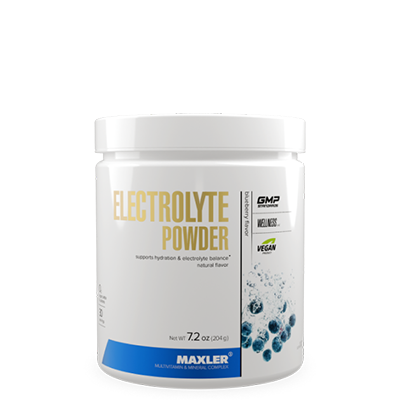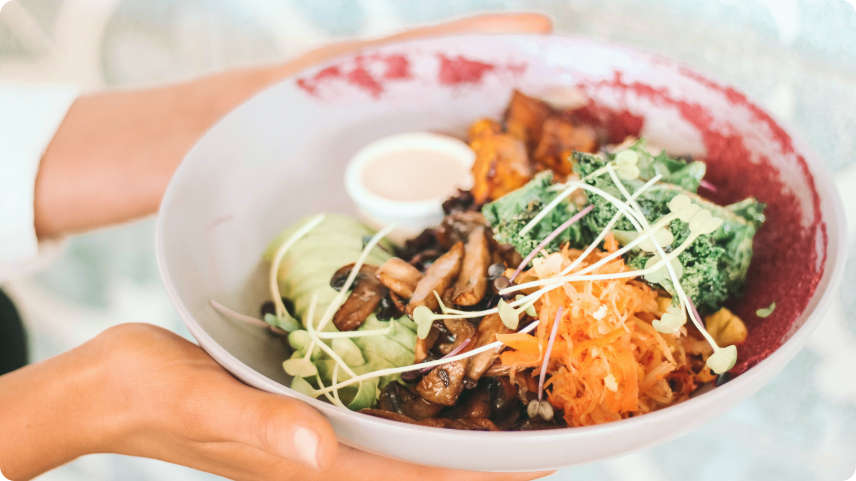Did you know that rowers that train intensely might need to have up to around 7,000 calories a day1? With so much energy to take in, it might feel daunting trying to figure out proper nutrition. There are also additional challenges – some might need to stay a certain weight, like lightweight rowers, some might need to adjust their energy intake depending on what races they compete in. Add the extra energy load of a competition on top of that and many rowers, no matter their experience, will find themselves overwhelmed.
But nourishing your body for great performance shouldn’t be complicated. We feel your confusion and frustration, we know that you want to be your best and prevent overtraining or low energy states. So, we’ve put together a handy guide to help you get started with optimising your diet for your training.
Why rowers should care about their nutrition
First things first, why should I care about what I eat? Rowing is an intense sport, using primarily carbohydrate as a fuel source2. Your body needs to be able to cope with high intensity training, while remaining healthy and supporting recovery so that you can keep making progress. All of this is down to nutrition – in fact, in 2018, an athlete who had underperformance syndrome was able to become a European champion just four months after changing their diet3!
With this in mind, let’s break down what nutrition for rowers should look like.
How to fuel for training
Starting with the basics, what do the macros look like for rowers? The overall energy expenditure for a rower will depend on a multitude of factors, so the best thing to do is to calculate that with a dietitian or a coach.
Unsurprisingly, carbohydrate will be your primary energy source, and the amount you have will depend on how intensely you’re training. In short if on the day you’re training for:
- 4-5 hours at a medium-high intensity, aim to get 8-12 g of carbs per kilo of weight a day;
- 1-3 hours at medium-high intensity, aim to get 6-10 g of carbs per kg;
- Low intensity or skill training, aim to get 3-5 g of carbs per kg.
If you can’t get enough carbs with your meals, have a high-carb snack around 30-60 minutes before training or a race. Alternatively, if you’re struggling to eat all your carbs at meals, simply get some high-carb snacks in you during the day. You might also want to top up with carbs while training or competing – try liquids, gels, or a carbohydrate rinse for best results.
In general, you should also get between 1.5-1.7 g of protein per kilo of bodyweight and 0.8-2.0 g of fat per kilo of weight each day4.
Hydration is essential for performance
One of the biggest concerns to rowers is hydration status. Ensuring you’re fully hydrated before a training session or competition will positively affect your performance. You should be drinking all throughout training where possible and ensure to rehydrate after training – the overall rule is to drink about 1.5 liters of fluid for each kg you lose during training5.
You may need to adjust your fluid intake according to the conditions you’re rowing in. Using sports drinks, electrolytes, or food with sodium and additional water is best6.
Supporting performance with supplements
If you’re ready to take your performance to the next level, you might consider adding supplements to your routine. For rowers, one of the most-used supplements is caffeine, as it improves time-trial performance7. Malxer NRG Max combines high doses of caffeine with our Power and Turbofocus Complexes, which support power output and help you concentrate on the task at hand, so you can really get ahead.
Amino acids are also useful for rowers, as they can support recovery. Taurine, for example, may support recovery, so rowers dealing with DOMS might want to try Maxler Taurine 1000 mg8.
Typical challenges of a rower and how to overcome them
Rowing, especially during the competitive season, brings with it a myriad of challenges in terms of optimising nutrition. Here are some tips to overcome common obstacles, no matter your level9:
- Lack of time – during high-intensity training or competition, consider meal prepping and assembling healthy snacks to stay nourished in advance. Work with a sport dietitian or your coach to find meal options that will help you hit your goals while being quick to prepare.
- Competition conditions – competitions can take place in remote locations, which little access to stores or cafes. Plan and pack nourishing snacks in a cooler to take with you. Additionally, ensure you have sufficient liquids, and get a variety of them for your needs, from water and fruit juice to chocolate milk and electrolyte drinks.
- Kickstarting recovery – after a race, when you’re putting away kit and just trying to make it to the end-of-race celebration, nutrition is likely the last thing on your mind. However, you’ve got a 2-4 hour window after exercise to support recovery, so your best course of action is having a recovery snack-box to munch on while you’re packing things away. Try picking up a protein shake, like one made with delicious 100% Golden Whey, and some carb-rich crackers. Ensure you’re drinking plenty of water as well!
- Iron and micronutrient intake – some rowers might need additional iron, as it supports proper body functioning, blood health and energy levels. Ensure your diet is nutritious and if need be, supplement certain micronutrients.
- Fiber and fats – before training or competition, best to not consume these, as you’ll need to absorb energy quickly. However, make sure you’re taking in enough of these on a day-to-day basis for optimal gut and hormonal health.
Rowing is a sport that brings about certain challenges if you’re trying to maximise your performance. With a need to balance between energy intake and staying a certain weight, rowers need to be very careful with their diet. We hope that these tips will provide you with a great place to start optimising your nutrition and a first step to reaching new heights!
